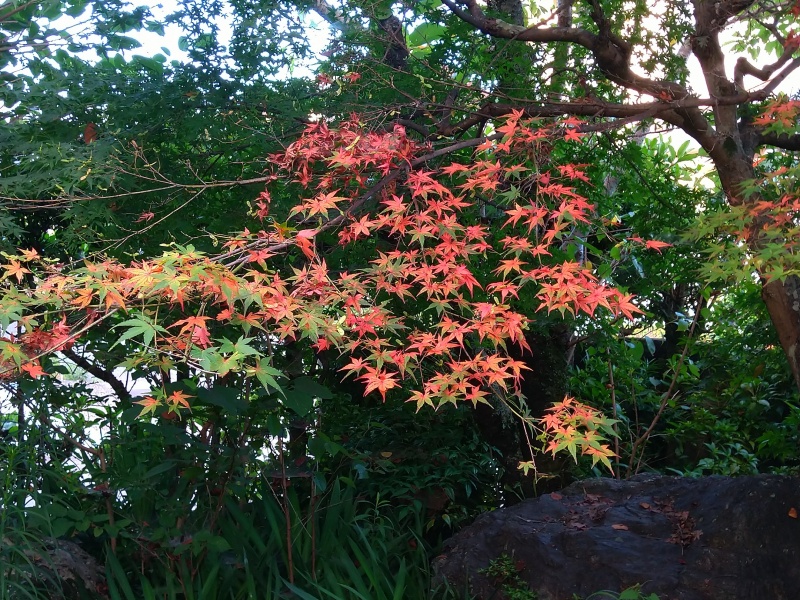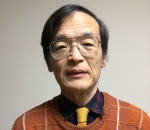以下は大雑把な英語版です。
知ってる内容を英語ルートで理解。理解。洋画で字幕を読んで英語を聞くように。
日本語の内容はこちらから
↓ ↓ ↓
https://worldlife.jp/archives/12040
One sunny morning in early summer, I saw something surprising – leaves on a tree were turning red, even though it was still early in the season. Maybe this was because of global warming, I thought.
But then my attention shifted to something else – the Japanese word for this color change, “なる” (naru).
You see, “なる” is a bit like the English word “become.” It’s a word that’s used a lot in Japan, sometimes even too much. Let me show you an example:
Imagine there’s a situation where a war is about to happen. In Japanese, they might say “戦争になる” (sensou ni naru), which means “it’s becoming war.” This kind of wording is used to make it sound like the war is just happening on its own, like it’s natural, even though people are actually making it happen.
And guess who uses this word a lot? Politicians. They use it to avoid taking responsibility. They make things seem like they’re happening on their own, so they don’t have to admit they’re causing them.
In the 19th century, a French sociologist named Le Bon said that when people start disliking certain words because of bad things connected to them, smart leaders should change the words instead of the actual things.
But it’s not just politicians who do this in Japan. I have to admit, I’ve used this tricky word too, especially when my students were upset about something. Like when the school canceled a fun picnic, I would say:
“明日のピクニックは中止になりました” (ashita no pikunikku wa chuushi ni narimashita), which sounds like “The picnic for tomorrow has become canceled because of the weather.” Instead of just saying “明日ピクニックを中止します” (ashita pikunikku o chuushi shimasu), which means “We’re canceling tomorrow’s picnic.”
I found that using “なる” made the students feel like the situation couldn’t be helped, and they listened better.
But we need to be careful. Words are powerful, and we don’t want to be tricked, but we shouldn’t use them to trick people, either. Whether it’s politicians or anyone else, we should use words honestly and clearly, so everyone understands what’s really going on.
私立学校に英語教師として勤務中、40代半ばに差し掛かったころ、荒れたクラスを立て直す策として、生徒に公言して英検1級に挑戦することを思い立つ。同様の挑戦を繰り返し、退職までに英検一級(検定連合会長賞)、TOEIC満点、国連英検SA級、フランス語一級、スペイン語一級(文科大臣賞)、ドイツ語一級、放送大学大学院修士号などの成果を得る。
アメリカで生徒への対応法を学ぶ為に研修(地銀の助成金)。最新の心理学に触れた。4都県での全発表、勤務校での教員への研修を英語で行う。現在も特別選抜クラスの授業を全て英語で行っている。「どうやって単語を覚えればいいですか?」という良くある質問に答える為、印欧祖語からの派生に基づく「生徒には見せたくない語源英単語集」を執筆中。完成間近。常日頃洋書の読破で様々な思考にふれているが、そうして得た発想の一つを生かして書いた論文がコロナ対策論文として最近入賞。賞品の牛肉に舌鼓をうっている。元英検面接委員


